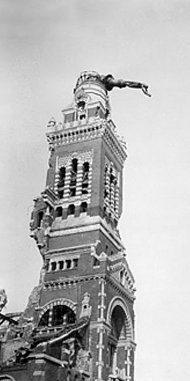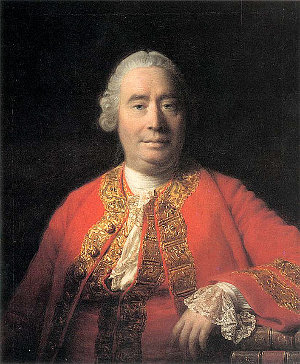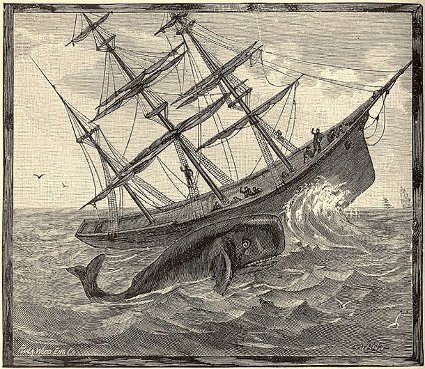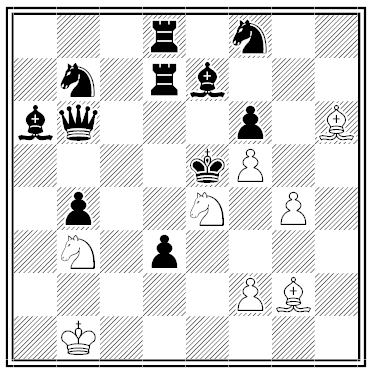On Monday last an accident of a singular but distressing nature happened to one of our townsmen. A pair of fanners were being conveyed in a cart along the road to the Whins, when, from some cause or other, the horse ran off. Mr. Drummond, millwright, the person who has met with the accident, at first stepped forward to stop the horse, but, fearing danger, started hastily back. Behind Mr. Drummond was a lad bearing an axe upon his shoulder. Upon the sharp edge of the instrument Mr. Drummond unfortunately ran, and the consequence was that his nose was very nearly cut off. So complete was the cut the nose fell over upon the mouth, and was suspended by the slightest portion of the integument. Mr Drummond instantly applied his handkerchief to his face, and proceeded to Dr. Brotherston, who was fortunately in his own house at the moment. As may be supposed, the sight was a hideous one, the accident presenting an insight into the interior of the face. We are happy to say that, under Dr. Brotherston’s judicious treatment, the nose has been replaced, and there is every hope of the cure being so effectual that scarcely any trace of the accident will by and by be visible.
— Alloa Advertiser, reprinted in the Times, Dec. 18, 1855




